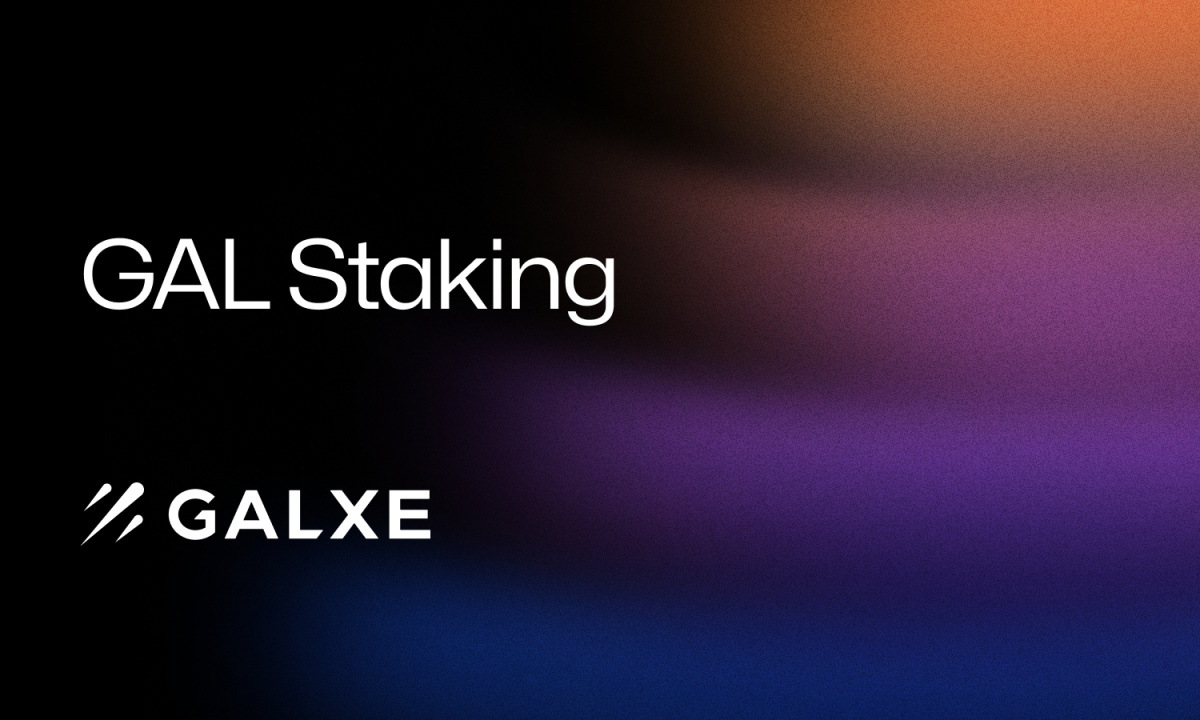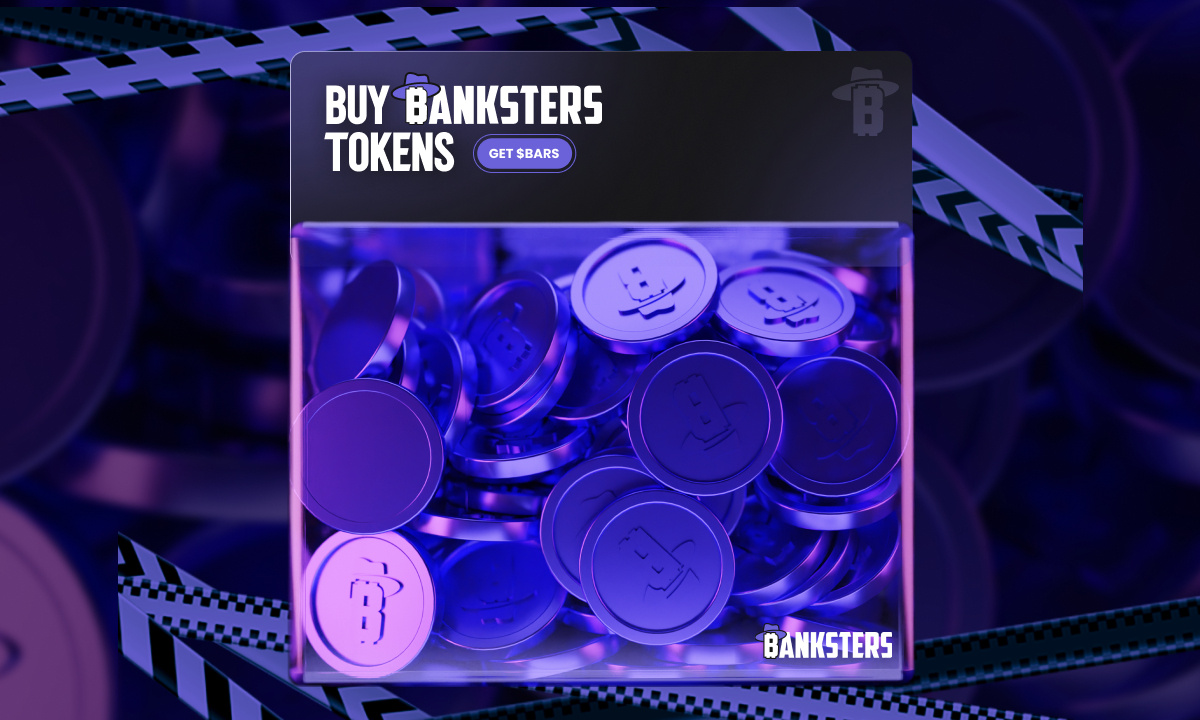Decentralized exchanges are not ready for derivative products
Decentralized exchanges are not ready for derivative products. If the words “derivatives” conjure up images of men in suits with kinky white sleeves rolled up to their elbows and more serious expressions – like something from The Significant Limited – then the word decentralized exchange (DEX) needn’t evoke anything.
There are no offices, no floor dealers waving papers and certainly no men in suits. The DEX is managed automatically or semi-automatically with the participation of the platform participants in the most important decision-making processes. DEXs are a bright spot on the system creating breakout opportunities for many, but they are not yet ready for the derivatives trading environment this season of the crypto market.
Technology gap
The technology is not currently available to have a niche options market on a DEX with the level of sophistication you would find in the traditional field. As a result, existing services suffer from capital inefficiencies, poor prices and additional risks for traders. Instead of technology first, people must come first and technology layered over time to ensure decentralization into advanced components. The success of dYdX’s approach of combining a centralized order book with decentralized custody suggests that this is also a possible route to a full set of derivative options.
The percentage of spot trading volume from Decentralized DEX to Centralized Exchange (CEX) was 9% in June, the peak of regulatory crackdowns.

You can also see that dYdX also posted a $ 11.6 million increase in sales during this period in August.

A more focused hybrid approach creates the opportunity to use these complex financial instruments earlier and on a large scale. A rigid preference for true decentralization over a centralized, hybrid approach is noble, but it delays access to these opportunities for financial transformation.
User experience leads the way
Central exchanges are a gateway to a large audience that is not yet comfortable with a fully self-contained experience. Not everyone wants the power to manage their own funds. The fact that you could lose all of your savings if you misplaced a piece of paper is a pretty scary concept.
For example, if you look at the graph below, you can see that the volume that can be inferred as a certain percentage of crypto newbies tends to go to exchanges.

Tom Bilyeau, Co-Founder and CEO of Influence Concept, could be the perfect example of a preference for a centralized stock market sentiment over decentralized stock exchanges. Tom is relatively new to crypto, he knows his way around. “chandelier“Keep your property. However, in an honest confession in a recent interview with Robert Breedlove, he stated that he would prefer to keep his cryptocurrency on an exchange rather than replace it due to the security and friction of the process. Of course, Twitter was teeming with anti-government “don’t be like Tom”, but if we want to grow as an industry we can’t write things like that. Tom goes through the same crypto acceptance lifecycle as many people. There is a large part of the population who doesn’t even want to think about security. They want exchanges to take counterparty risk so they can get on with their lives.
This is true when there is no greater reason than this feeling, only as valid as the autonomous vision of crypto-utopias is valid.
Of course, there are solutions to this and many reasons why people prefer self-management, but the fact remains that this is not the ideal experience for everyone. The point here is that we have to pick people up where they are.
Related: Decentralization vs. centralization: where is the future? Experts answer
The future is accessible to everyone
Cryptocurrency is a major project to universalize the financial world. For example the subprime mortgage crisis of 2007. The problem is not that complex derivatives like forks or CMOs are inherently wrong, but the fact that there is no transparency or control over the products being sold. Invisible risks lie in the system that no one knows exists and then it collapses. With cryptocurrency, everything in the entire financial system is completely transparent and verifiable in real time. If necessary, people learn about escrow systems, credit systems, and other complex and traditional concepts that are not attractive or available to them.
Centralized crypto exchanges know that anyone can learn, test, and move their assets to another platform if they are not satisfied, which is holding the exchanges accountable. . Unlike banks, users can withdraw their assets directly to the blockchain. The exchange must be carried out immediately by the user so that he does not move elsewhere. In a DEX, this is a clear gap in accountability. If something goes wrong, who will help fix the mess?
This is especially important when you consider that DeFi logs lost around $ 284.9 million through hacks and mining attacks through 2019, according to a report by crypto research firm Messari, the Total Value Locked (TVL) in DeFi, the represents the sum of all assets deposited into DeFi logs to earn rewards, interest, new coins and tokens, fixed income, etc.
With new DeFi hacks popping up in crypto like every other day, centralized or custody exchanges that can provide more security through insurance and counterparty risk are the start.
Decentralization is the ultimate goal
Of course, decentralization is the top priority. Users who have control of their own assets are ideal. In terms of direction, the industry is growing here, but we can’t ask users to step in until the technology is ready at their expense. Technologists rely on getting the decentralized technology they need first. DEXs hold great promise for the future of derivatives trading, but not at the expense of security, speed, and availability for all.
Tom Howard, Business Development and Growth at PowerTrade, is a product enthusiast, founder, and angel investor obsessed with reinventing money and finance. As an early investor in crypto and a founding partner of the blockchain investment group Taureon, Tom has seen everything from boom and bust to massive challenges users face when trying to use cryptocurrencies like cryptocurrencies. As co-founder of DeFi Nation and former co-founder of Mosendo, Tom brings his extensive knowledge of decentralization to the world of crypto derivatives.
.
.



















